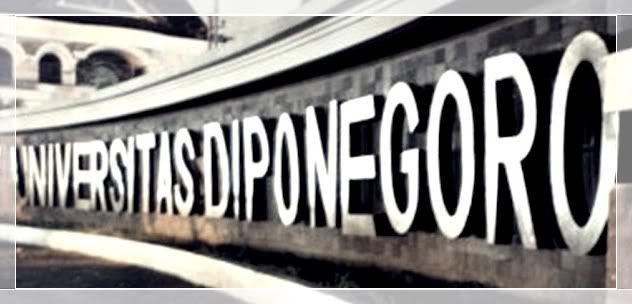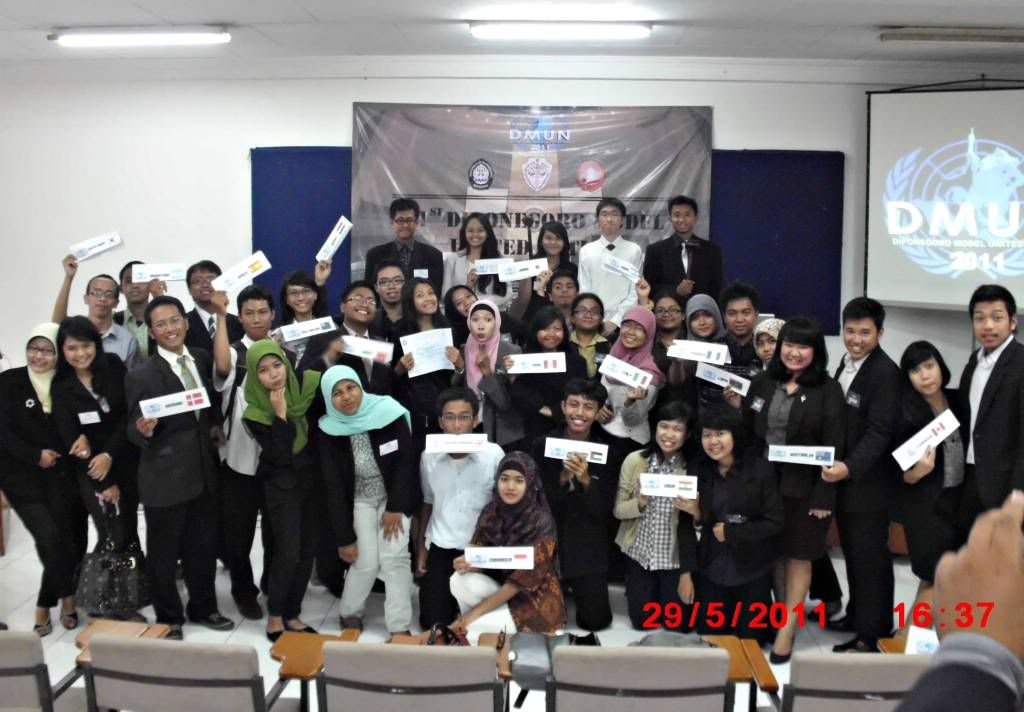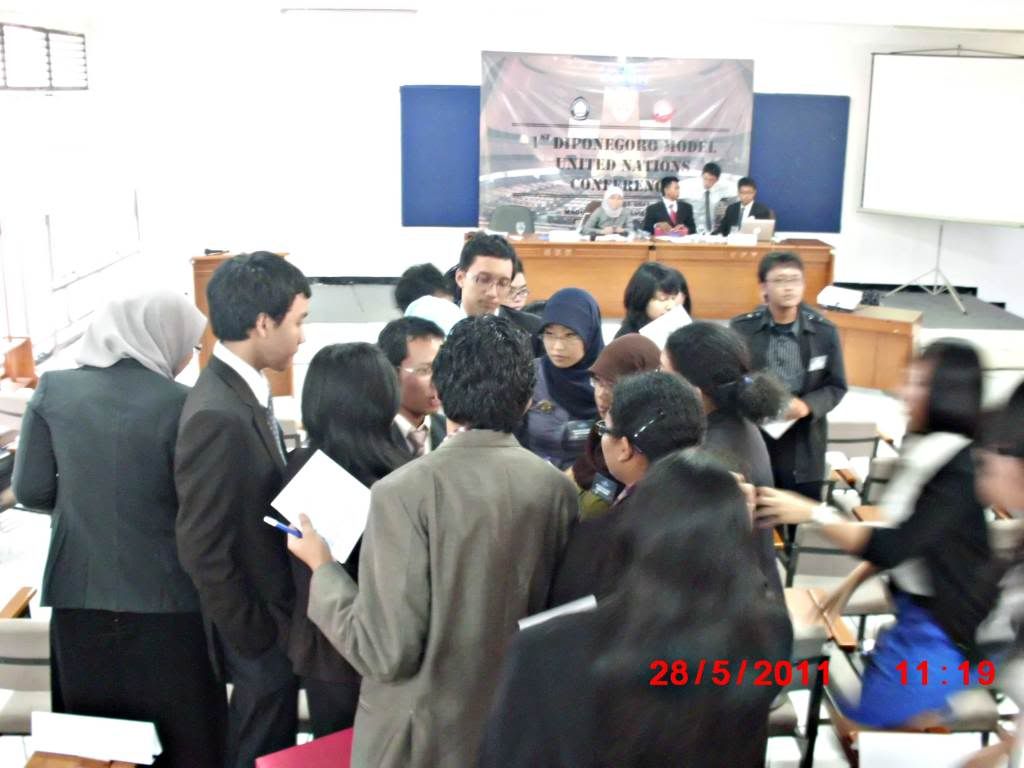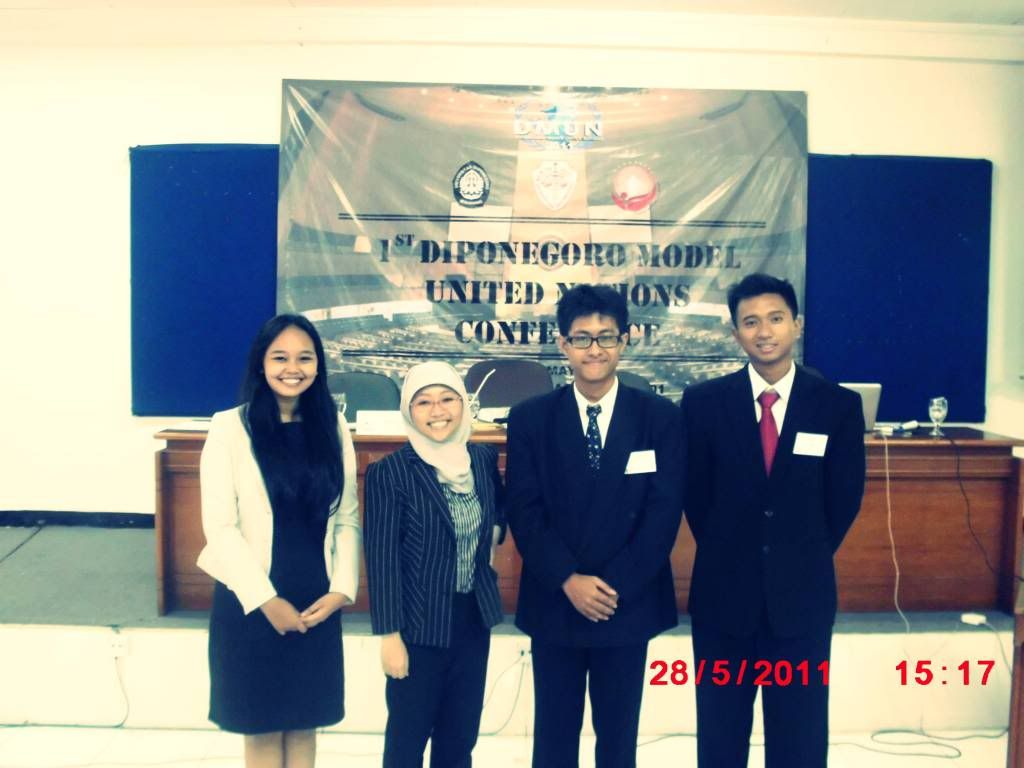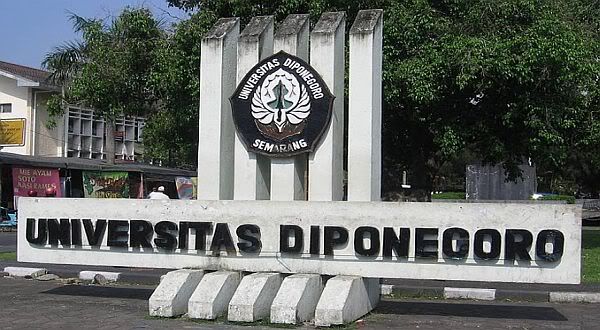First, download the DMUN Application Form.
Second, fill the application completely.
Third, email it to: diponegoromun@yahoo.com with the subject: registration-name-university/school. The committee will give you the confirmation soon after the application form is received. If you haven’t got the confirmation about your application at least two days after you apply, please notify us through message to 085647949414 (Eko)
Fourth, pay your payment to BRI bank account no. 0077-01-009198-53-8 an Wahyu Eko Nugroho, after you pay the registration, contact and send us the payment struck to diponegoromun@yahoo.com. The fee is 150.000 (exclude accomodation)
*note: when you send your application form through email,on subject column please wrote it down with format:
-for register :REGISTRATION (YOUR NAME) (YOUR UNIVERSITY)
-for payment :PAYMENT (YOUR NAME) (YOUR UNIVERSITY)
Best Regards,
Committee
Senin, 11 Juni 2012
IMPORTANT DATE
4 June-7July 2012 :
Registration and Payment
12 June-9 July 2012 : Payment deadline*
10 July :
Delegates Announcement
15 -17 July : DMUN
NOTE:
* GOOD NEWS, THE PAYMENT OF DMUN 2012 IS EXTENDED TO 9 JULY 2012.ATTENTION, the registration of DMUN is extended to 8 July 2012 due to connection error or other problems (e.g download failed). So you still have a time to register. Open registration is closed on 8 July 2012 at 6pm.
Sorry for inconvenience,
Thank you.
Best Regards,
Committee.
COUNCILS
1. DISEC:
DISARMAMENT AND INTERNATIONAL SECURITY (DISEC)
Description:
The First Committee is one of six main committees at the General Assembly of the United Nations which deals with matters concerning world peace. The First Committee handles all
matters on Disarmament and International Security (DISEC).
2. LEGAL
COMMITTEE
Method
of work:
The Sixth Committee has universal membership, that is, all states member of the United Nations are de iure members of the Sixth committee. Non member states with observer status in the General
Assembly such as Switzerland, before its ascension to the UN, and the Holy See may attend and participate in the discussions. The Sixth Committee is
led by a chairman assisted by three vice-chairmen and a rapporteur. The
chairman must conduct the formal meetings, propose the program of work, and
solve any procedural hurdles that may rise. The Bureau seeks to ensure that the
negotiations conclude with a positive outcome.[2]
The Sixth Committee meets every year from late September to late
November, in parallel with the General Assembly’s annual session. At the
beginning of the session, the General Assembly assigns to the Sixth Committee a
list of agenda items to be discussed. Those items usually include the annual
reports of the International Law Commission, the United Nations
Commission on International Trade Law, the Ad Hoc
Committee established by Resolution 51/210 of 17 December 1996 on Terrorism, the Special
Committee on the Charter of the United Nations and on the Strengthening of the
Role of the Organization and the Host Country
Committee, as well as the item
Measures to Eliminate International terrorism.[3] Following a formal discussion and the negotiation of any proposals, any
recommendation adopted by the Sixth Committee is then submitted to the Plenary
of the General Assembly for its final adoption. If a particular issue is of
great technical complexity, the Sixth Committee may refer it to the International Law Commission or it may create a special subsidiary body to discuss it.[4] The Sixth Committee follows a "mixed decision-making rule, where
consensus is preferred but were a vote is still possible,"[5] that is, that while the Committee may take its decisions by voting, most resolutions are adopted though without a formal vote, by acclamation, unanimity, or consensus.
3. UNHRC: UNITED
NATIONS HUMAN RIGHTS COUNCILS
Descriptions:
The United Nations Human Rights Council (UNHRC) is an inter-governmental body
within the United Nations System. The
UNHRC is the successor to the United Nations Commission on Human
Rights (UNCHR, herein CHR), and is
a subsidiary body of the United Nations General Assembly. The council works closely with the Office of the
High Commissioner for Human Rights (OHCHR) and engages the United Nations' Special
procedures.
The General Assembly established the UNHRC by adopting a resolution
(A/RES/60/251) on 15 March 2006, in order to replace the previous CHR, which
had been heavily criticised for allowing countries with poor human rights
records to be members.[1][2]
Their tasks:
As the principal
United Nations office mandated to promote and protect human rights for all,
OHCHR leads global human rights efforts speaks out objectively in the face of
human rights violations worldwide. We provide a forum for identifying,
highlighting and developing responses to today's human rights challenges, and
act as the principal focal point of human rights research, education, public
information, and advocacy activities in the United Nations system.
Since Governments
have the primary responsibility to protect human rights, the High Commissioner
for Human Rights (OHCHR) provides assistance to Governments, such as expertise
and technical trainings in the areas of administration of justice, legislative
reform, and electoral process, to help implement international human rights
standards on the ground. We also assist other entities with responsibility to
protect human rights to fulfil their obligations and individuals to realize
their rights.
4. IMO:
INTERNATIONAL MARITIME ORGANIZATION
Description:
The International
Maritime Organization (IMO),
known as the Inter-Governmental
Maritime Consultative Organization (IMCO)
until 1982,[3]was established in Geneva in 1948,[4] and came into force ten years later, meeting for the first time in 1959.
Headquartered in London, United Kingdom, the IMO is a specialized agency of the United Nations with 170 Member States and three Associate Members.[3] The IMO's primary purpose is to develop and maintain a comprehensive
regulatory framework for shipping and its remit today includes safety,
environmental concerns, legal matters, technical co-operation, maritime
security and the efficiency of shipping. IMO is governed by an Assembly of
members and is financially administered by a Council of members elected from
the Assembly. The work of IMO is conducted through five committees and these
are supported by technical subcommittees. Member organizations of the UN
organizational family may observe the proceedings of the IMO. Observer status
is granted to qualified non-governmental organizations. The IMO is supported by a permanent secretariat of employees who are
representative of its members. The secretariat is composed of a
Secretary-General who is periodically elected by the Assembly, and various
divisions such as those for marine safety, environmental protection, and a
conference section.
Langganan:
Komentar (Atom)




